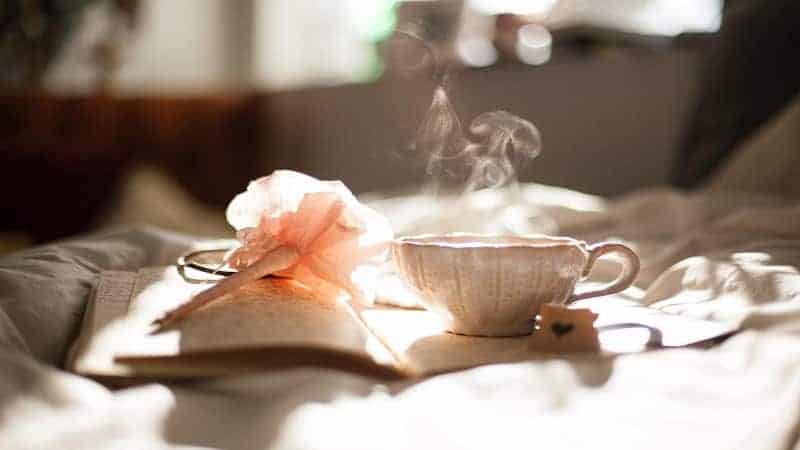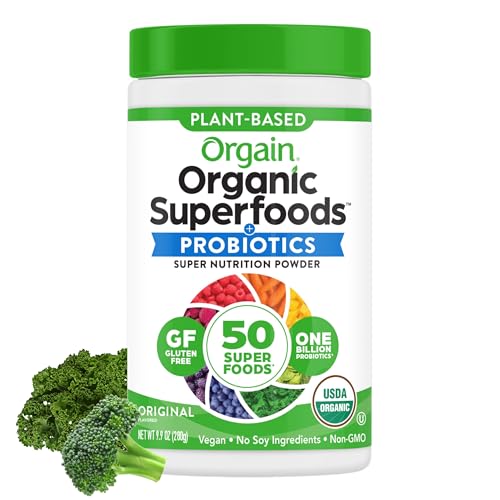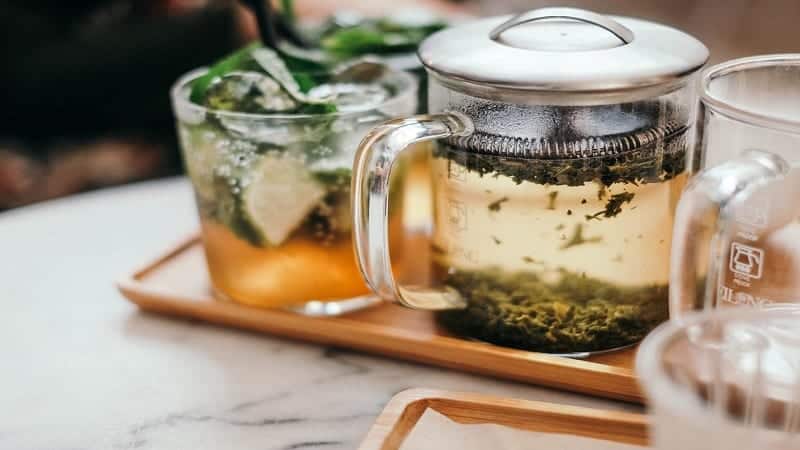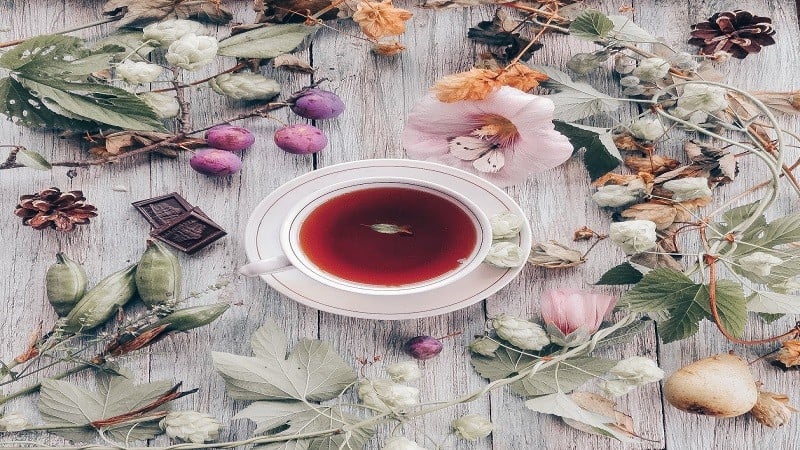The concept of drinking herbal teas to boost fertility has been going around for a while now. While there’s no official evidence that backs this claim, many people have stated the positive effects they’ve experienced on their fertility. You’ll be surprised to know that herbal teas contain ingredients that spruce up one’s fertility.
Herbal teas include plenty of antioxidants that boost one’s health, indirectly helping them with their fertility. For example, chasteberry is one ingredient known to boost fertility, so people who struggle with conceiving turn to chasteberry tea to help them become more fertile.
Let’s explore a few other herbal teas that can help you with your fertility.
What Are Fertility Teas?
Herbal teas used to boost fertility are often called fertility teas. These include herbs that have excellent fertility-boosting qualities when mixed in hot water. Since fertility teas have such helpful ingredients, many fertility specialists, nutritionists, and lifestyle coaches recommend herbal (fertility) teas to their patients if they struggle with conceiving.

Fertility teas aid plenty in making one more fertile by increasing their libido, which increases the chances of conception. Another benefit fertility teas provide is the hormonal balance it brings by toning the uterus. Fertility issues are sometimes directly related to poor health and lifestyle choices, and since fertility teas come enriched with vital minerals and nutrients, they are highly recommended.
Best Herbal Teas for Fertility
Now that you know how beneficial it is to consume herbal tea, especially if you have fertility issues. If you’re planning on adding herbal teas to boost your fertility in your daily lifestyle, here’s your guide that’ll help you know which herbal teas are the best. Let’s explore each herbal tea one by one to see its effects and benefits.
Chasteberry Tea (B008X8LBEK)
Chasteberry extracted from chaste trees is significantly known for enhancing reproduction wellness. Chasteberry as an ingredient works well on people who have low fertility. Also, chasteberry tea improves one’s menstrual cycle, especially if one struggles with irregular cycles. There have been studies that have proved the positive effect of chasteberry tea on pregnancy rates.
Black Cohosh (B0009ET9VI)
Black cohosh is another herbal tea known to boost fertility rates. Women who deal with menopausal issues often consume black cohosh tea to ease them. Black cohosh tea also works wonders on premenstrual syndromes. All of these undoubtedly help increase one’s chances to conceive. This herbal tea is known for aiding in hormone regulation, which helps with fertility.
Red Raspberry Leaf Tea (B00016AQS4)
Red raspberry leaf herbal tea includes plenty of vital nutrients like iron that helps with conceiving. It’s often called “the women’s herb,” given its positive effects on fertility. Drinking the red raspberry herbal tea is a time-tested remedy that has been in use since the sixth century in Europe. If you’re having trouble conceiving, drinking some red raspberry leaf herbal tea will do you good.
Nettle Tea (B00JKK43AO)
Nettle lea is another significant herbal tea to try to boost your fertility. It has been said that nettle leaf tea decreases testosterone levels, increasing fertility among women. Also, nettle leaf tea is a perfect supplement for helping women curb polycystic ovary syndrome (PCOS). Before consuming any herbal tea, please speak to a specialist to know the proper time of consuming it.
Green Tea (B000GG0BNE)
Green tea is a well-known herbal tea as it provides many health benefits, boosting fertility being one of them. Green tea comes with antioxidants that help plenty with oxidative stress. It’s said that green tea positively impacts the vascular endothelial growth factor, encouraging the growth of new blood vessels. Since green tea provides such benefits, people with fertility issues should definitely consider incorporating it into their daily lifestyle.
Spearmint Tea (B000EJPDMC)
Some women may experience fertility issues because of polycystic ovary syndrome (PCOS). However, spearmint tea is found to help women manage their PCOS better, which can boost their fertility, helping them conceive. When PCOS is more controlled, the hormones are monitored more effectively, increasing the chances of conception. Hence, trying spearmint tea will prove well for your fertility.
Lady’s Mantle Tea (B016X192Y4)
This herbal tea has been around for quite some time now and is used to treat fertility issues in parts of Europe. Lady’s mantle tea is a well-known supplement in European medicine, and many people consume it to boost their fertility. Lady’s mantle tea also strengthens the uterine muscles, helping women conceive. However, consuming lady’s mantle tea during pregnancy isn’t recommended, but you should consult your specialist before deciding.
Ashwagandha Tea (B00DL9TAOE)
Ashwagandha tea is an essential herb that’s part of Ayurvedic practices. It is also a traditional supplement that improves semen quality and follicle-stimulating hormone levels. It’s an effective herbal remedy, but there’s some unclarity regarding the dosage. So, it’ll be better to consult your healthcare provider or fertility specialist to know how much ashwagandha tea you should consume.
Red Clover Tea (B00SORY65G)
If you’re experiencing fertility issues, consuming red clover tea might help you. This herbal tea has been known to improve liver function, which directly impacts hormonal balance. Also, red clover tea reduces cystic acne (which people with PCOS might experience). Many herbalists claim red clover tea assists with follicle production, increasing uterine blood flow.
Our Final Thoughts: Is Herbal Tea Beneficial for Fertility?
Choosing whether you should consume herbal tea to treat your fertility issues is completely your decision. Speak to your fertility specialist and see if they recommend it or not. The research on herbal tea for fertility isn’t too vast. So, there isn’t much evidence to back any claims. However, herbal teas are known to provide significant health benefits, which might help you with your fertility issues.
Also, you can experience greater benefits when you infuse herbs with other natural supplements. All in all, herbal tea, in general, is pretty beneficial for your body. However, it’s always better to have a proper specialist by your side who can guide you regarding the dosage. If you want to increase your chances of conception, giving one of the herbal teas mentioned above a try wouldn’t harm you.










